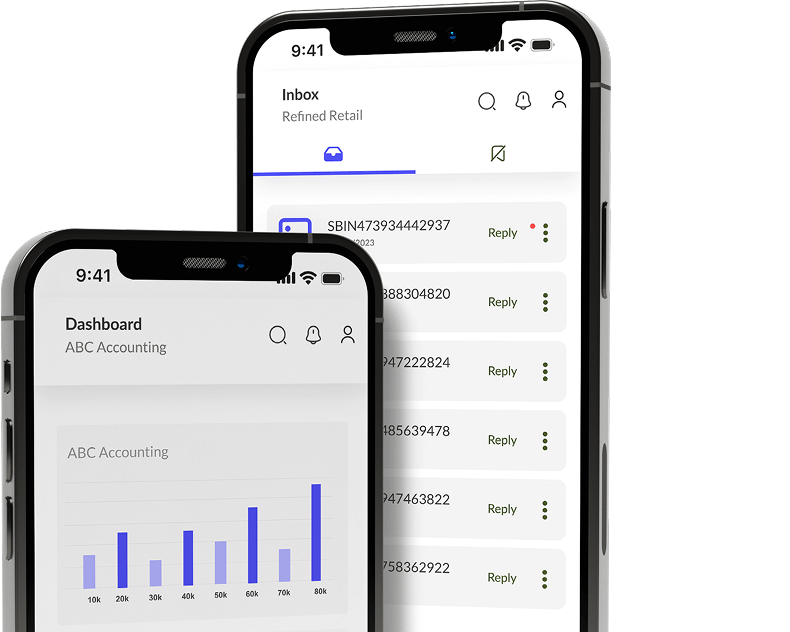Let’s be honest about this. Most founders, managers, and team leads are doing too much. Not in a productive way. But rather in a hovering-over-the-design-deck, rewriting-the-caption, approving-the-meeting-agenda kind of way.
It’s called micromanagement. And it’s not helping. Not your team. Not your company.
Most importantly - NOT YOU.
The Real Problem with Caring About Everything
When you try to do it all, three things happen:
You burn out
Your team freezes
Nothing scales
You become the bottleneck. Everyone starts waiting for you. And slowly, your business becomes a mirror of your own exhaustion.
What Happens When Leaders Finally Step Back
Let’s be practical.
When a leader stops hovering over every decision, the team doesn’t collapse. In fact, the opposite usually happens. They rise. People make calls on their own. Ideas move faster. And execution becomes a shared responsibility, not a bottleneck.
In companies where leaders delegate well, trust becomes a culture. That trust breeds ownership, and that ownership beats oversight every single time.
The result? You get your time and headspace back.
Not to “relax,” but to do the work only you can do; thinking long-term, building the next version of the product, growing the vision, or honestly, just being a human with bandwidth.
People Don’t Just Burn Out. They Leave!
This part matters.
Micromanagement is one of the top reasons employees quit. And not quietly.
They leave because:
They don’t feel trusted
They can’t make decisions
Their growth is capped
They start feeling like task-doers, not contributors
It’s not just a feeling because there’s research behind it:
71% of workers say micromanagement hurts their performance
85% say it kills morale
And leaders aren’t immune either. It’s a leading cause of executive burnout and decision fatigue
(Source: Forbes, PubMed, Deskbird)
So the cost isn’t just on the people below you. You’re paying for it too — in energy, time, and strategy you never get to think about.
It’s Not Just a Work Problem
Micromanaging isn’t something you leave at the office. It follows you.
You check emails at dinner. You redo someone’s to-do list. You panic when someone else does a task differently than you would. It turns everything (not just work), into a source of stress.
Letting go at work isn’t just good business, it’s a way to protect your peace outside of it.
So, what SHOULD you do?
Micromanagement gives the illusion of control. But letting go gives you something better: clarity. You don’t need to care about everything. You just need to care about the right things, deeply and consistently.
Everything else? Let it go. Your team will grow. Your business will breathe. And your life will feel a little more like yours again.




